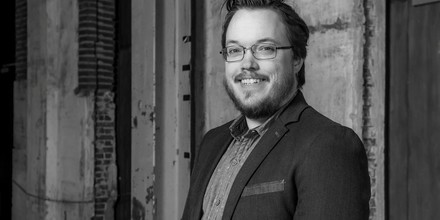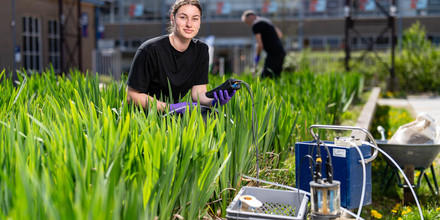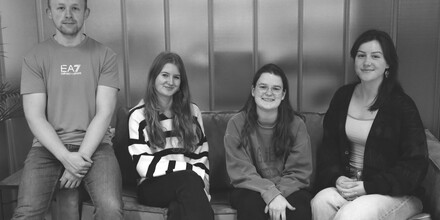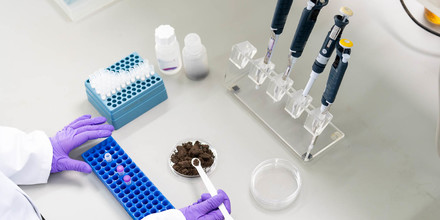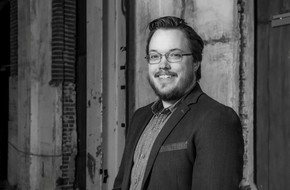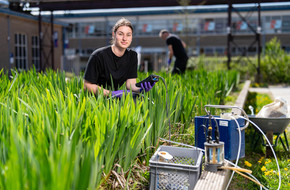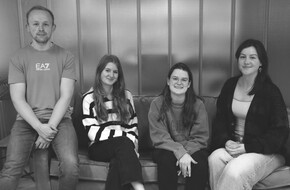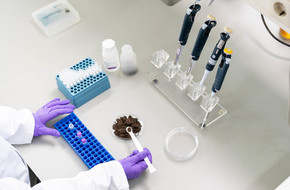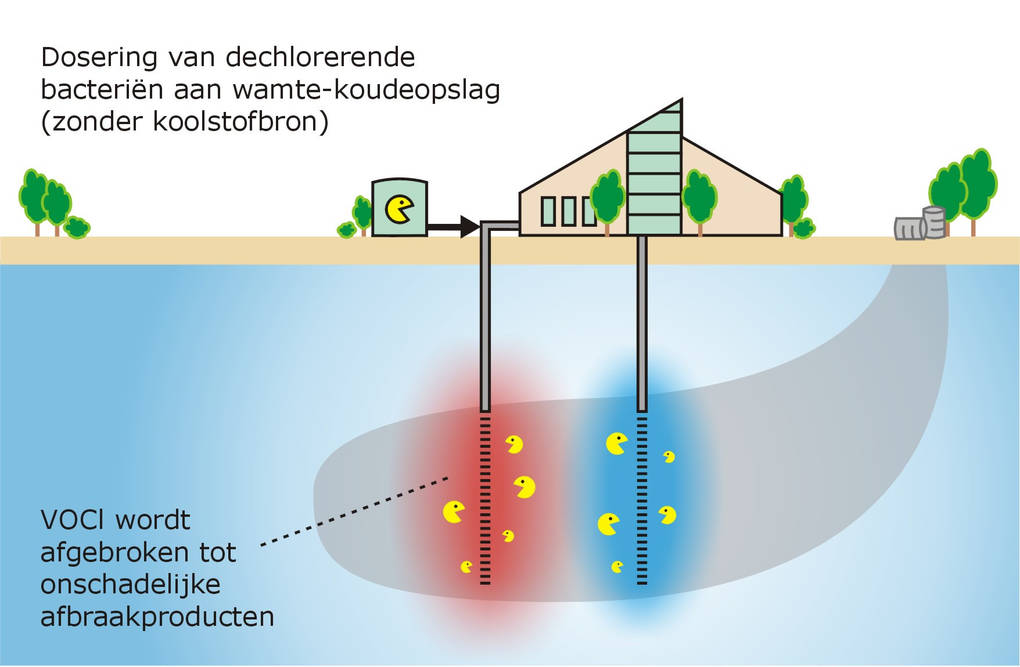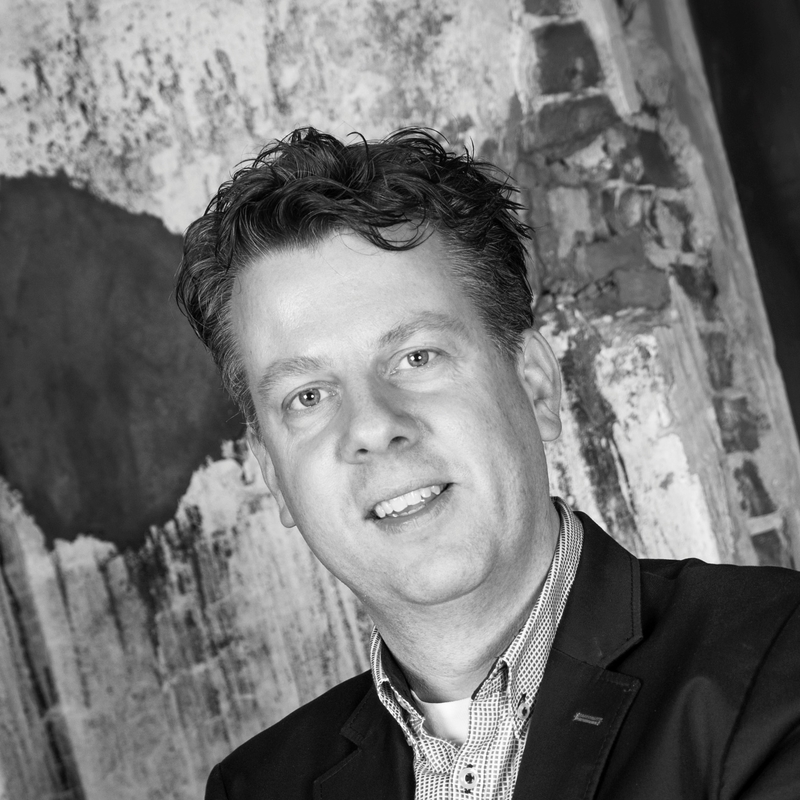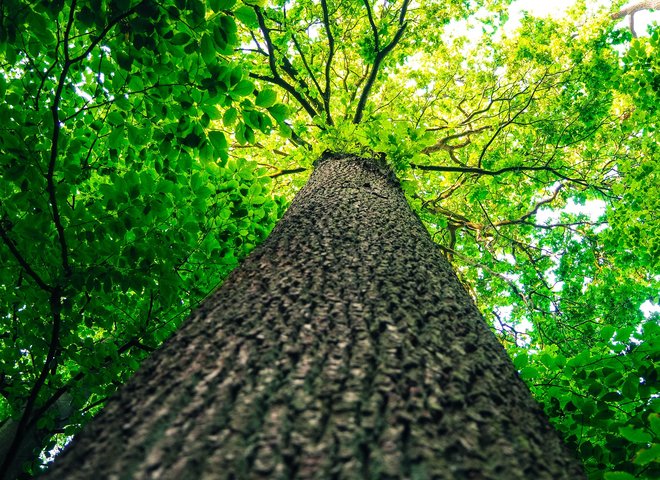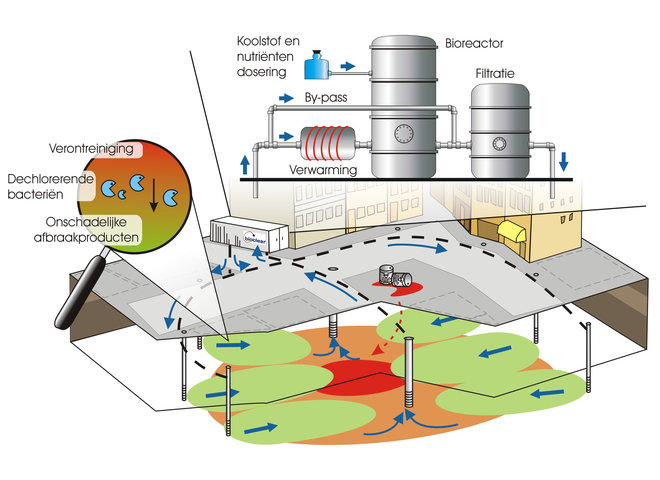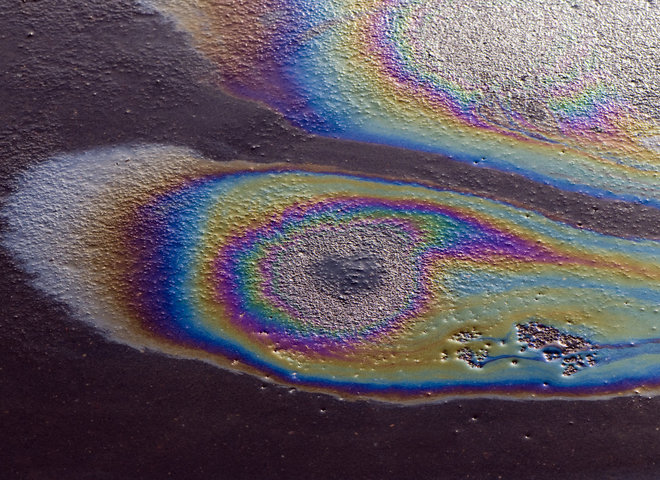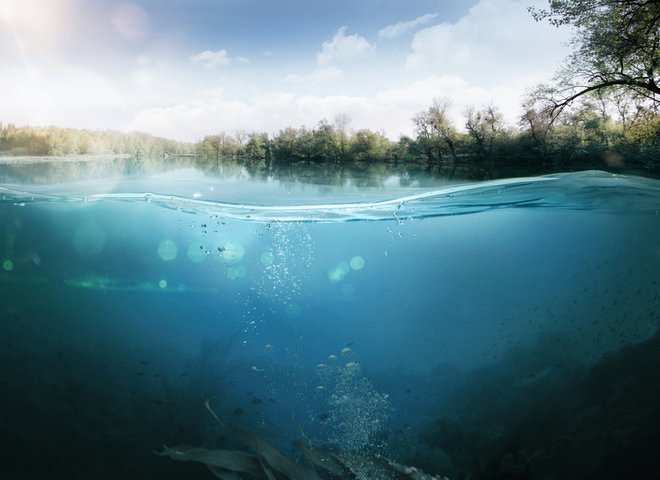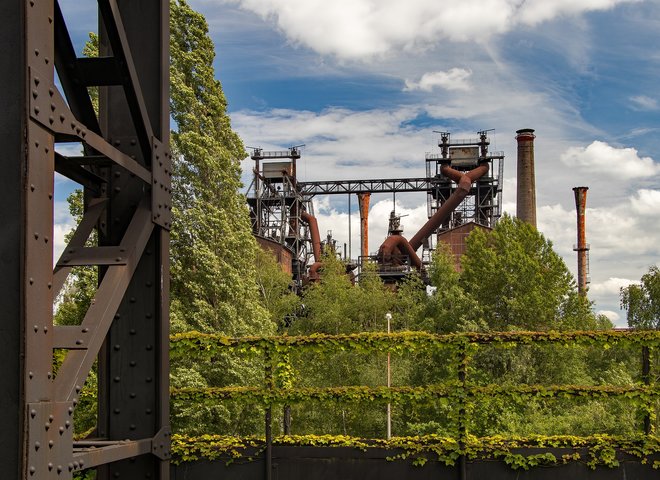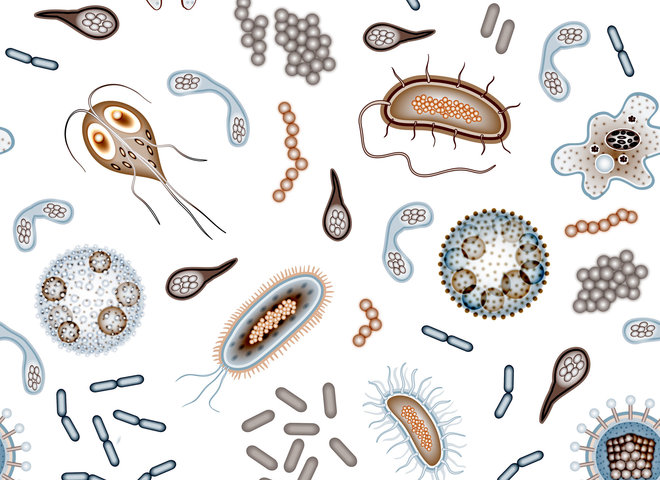ATES plus: sustainable cooling and heating with a bonus
Over the past years the number of aquifer thermal energy storage (ATES) systems has grown considerably due to the growing demand for sustainable energy. Especially in urban areas these aquifer storages systems for heat and cold are a good alternative for fossil fuels. In the Netherlands approximately 2000 ATES systems are operational.
During the summer cold water is extracted from the soil and used for cooling buildings. The heated water is pumped back into the soil and stored for later use. During the winter the stored water is used to warm up buildings. In our ATES plus system we use this water circulation system to improve groundwater quality.
The development of ATES plus is an initiative of Bioclear earth in cooperation with Brabant water, T&K Service, the Municipalities of Den Bosch, Apeldoorn and Tilburg, the Province of North Brabant, Hydreco, IF Technology, University of Wageningen and the Department of Waterways and Public Works. The aim of this project is to add a new functionality to existing and new aquifer thermal energy storage systems: improving groundwater quality. In urban areas chlorinated hydrocarbons are still found in the groundwater regularly. These substances are a threat to the groundwater quality: drink water extraction areas and surface water. Furthermore these pollutions can be an obstacle for further development of the area such as residential building.

